“Before we get into that, would you like to know what his first words were when he regained consciousness?”
The voice on the other end of the phone was Max Mosley, a man with whom I talked semi-regularly in the late 1990s and 2000s through journalistic roles covering a variety of motorsports encapsulating Formula 1 and World Rallying through to karting and more.
As the chuckles intensified, I knew that I was to be caught out again. Mosley, the president of the FIA yet in so many regards unpresidential – not least in his approachability and open, unwavering relish of both gossip and a decent argument – had me sussed. I had rung to discuss a potential safety shortcoming and was about to be sidelined by a detail that I couldn’t resist.
“Tell Eddie Irvine he’s a c***!”
Mosley roared, and I have to confess that I tittered too, even though it was now impossible to take the moral high ground over track safety in the wake of Luciano Burti’s F1 career-ending crash in which he hit the tyre barriers at around 180mph after clashing with the aforementioned Ulsterman (who at least had the decency to leap from his car and lift the tyre barrier off the Prost driver’s head).
As Mosley had no doubt calculated long before, it was now out of reach for me to steer the conversation away from this inside revelation back to any hard-hitting discussion on the shortcomings of safety regulations.
And that was the point with Mosley. Love him or hate him (and most people did one or the other), he rarely failed to get what he wanted out of a situation. It was a mindset that in many ways made him an effective leader during some of motorsport’s most turbulent years, not least after the deaths of Roland Ratzenberger and Ayrton Senna in 1994, and in others made him - to put it kindly - utterly infuriating for those who fell on the wrong side of his will.
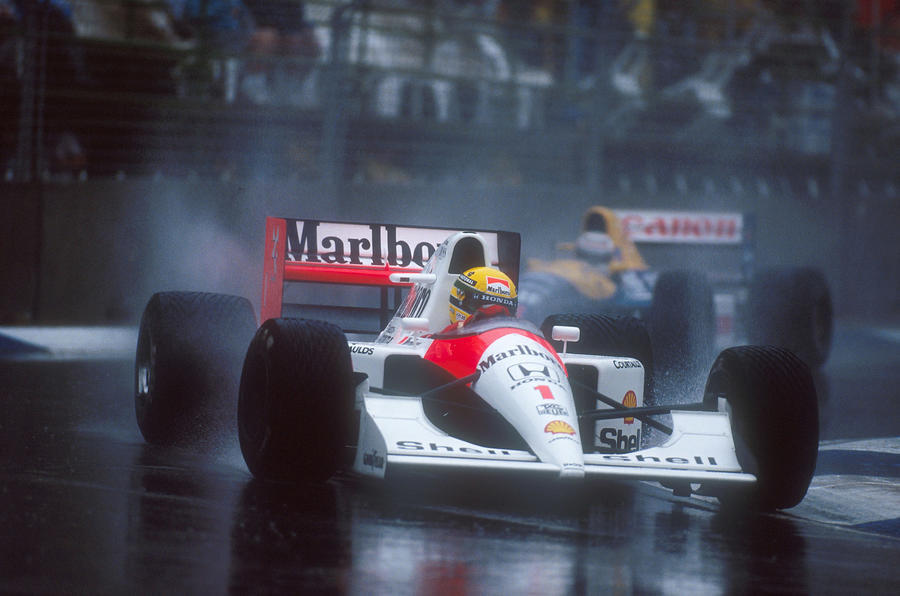
I was there at the FIA headquarters in 1999, for instance, when he and his team exonerated Ferrari for running illegal bargeboards in the Malaysian Grand Prix. I still remember standing in front of him, jaw-hanging, asking him to explain again how it could be that the bargeboards could be beyond the allowed dimensions by every rational measure yet still be declared legal.

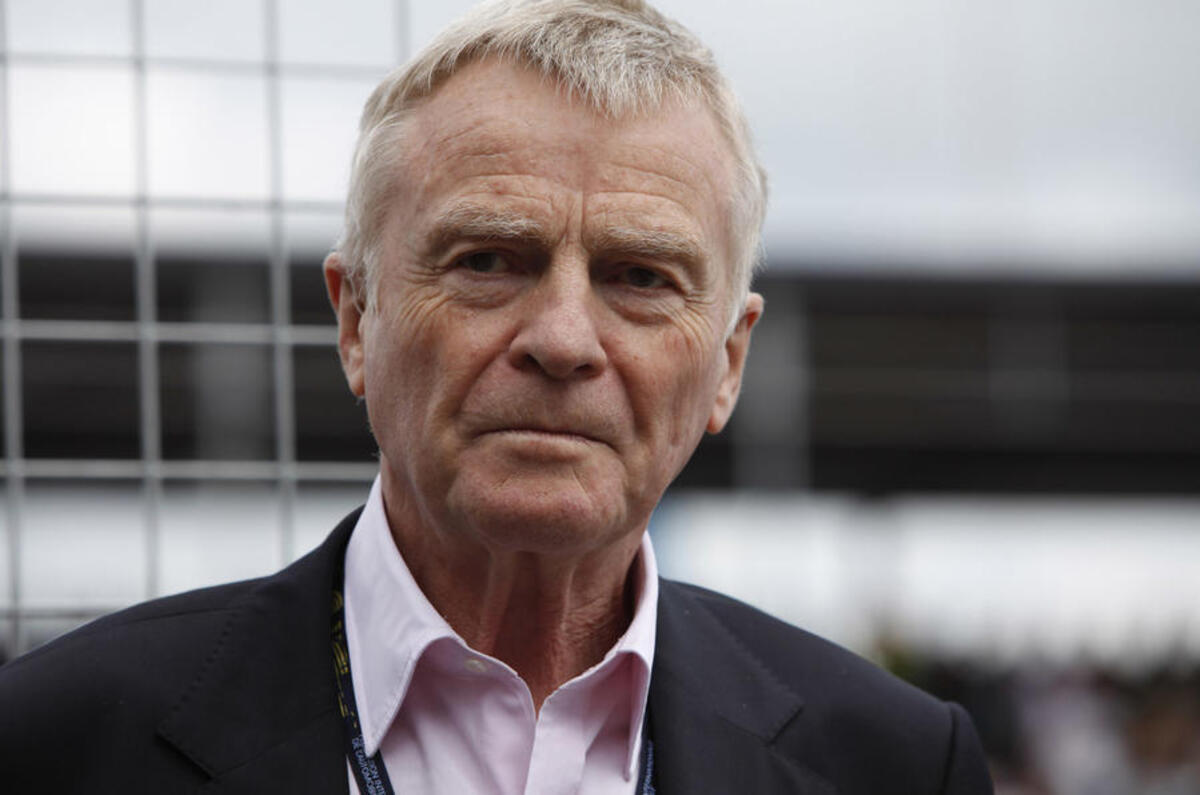
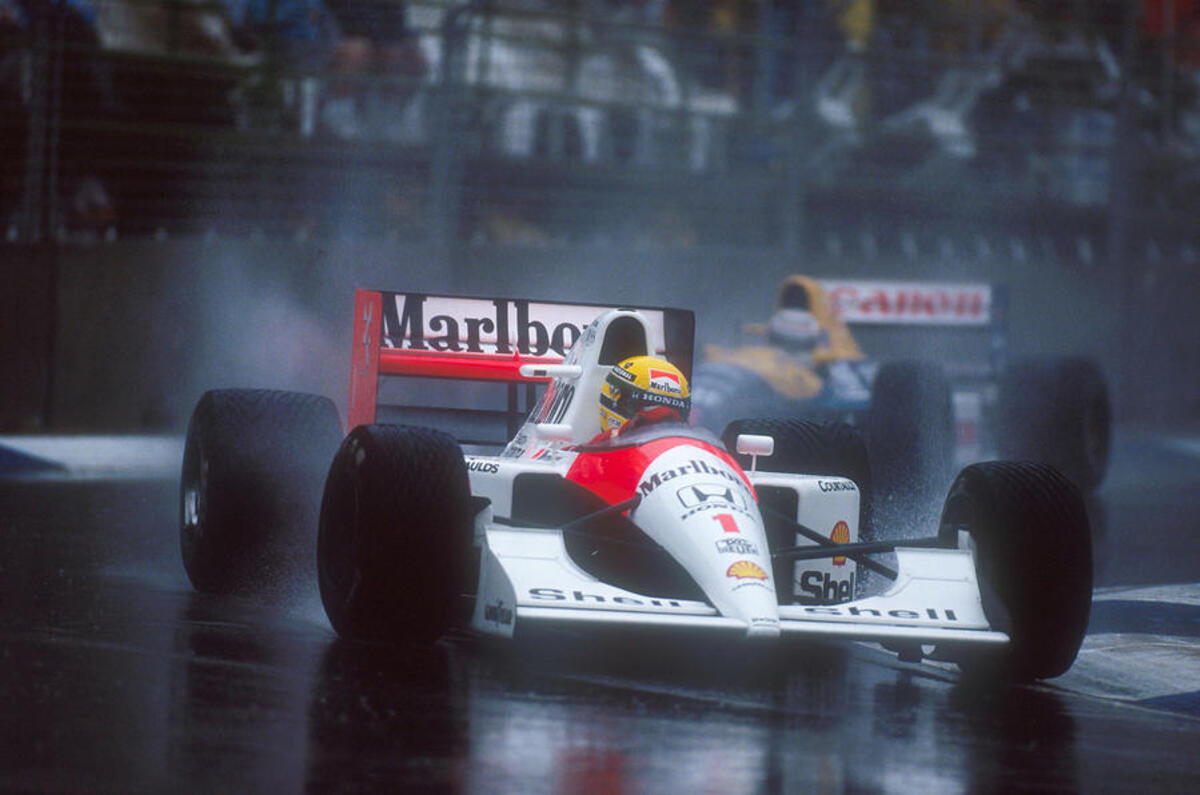
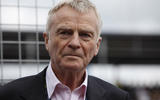
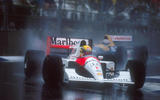


Join the debate
Add your comment
I've personally never liked him by way of his actions in the governance of motorsport. Killing Sports Car Racing, killing Rallying etc., all for the promotion of F1. But not so long ago a track driving instructor told me a story that was quite heart warming: The instructor at the time was a young man working at March Engineering ( Max's racing car construction company ), the young man was leaving work to go off on a "hot date" with his latest girlfriend, he was outside the factory kicking the life out of his motorbike, that simply wouldn't start, Max walked up to this "ball of sweat" and asked what was going on, and the young man explained his situation , to which Max said, "here are the keys to my BMW 2002tii, take it, but bring it back damaged and there will be hell to pay" . So perhaps not all bad ?
Overseer of many a Grand Pricks.
Egotistical tosser, with a penchant for the bizarre.
Between him and Bernie, their ego's screwed motorsport....as was said....got what he wanted not what competitors and fans needed!
I expect there will be much heat and latex where he is going.